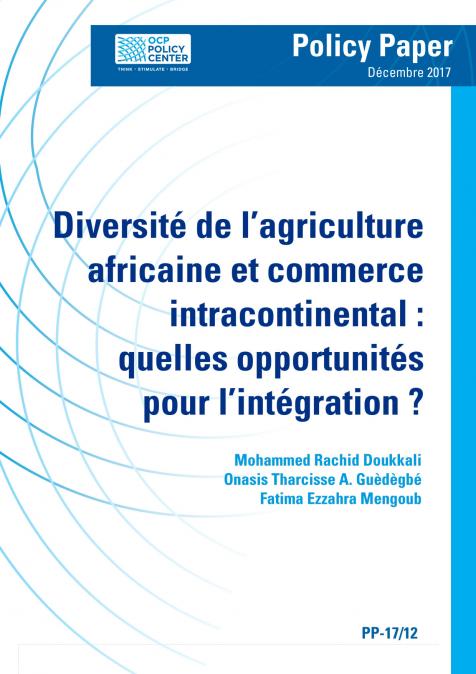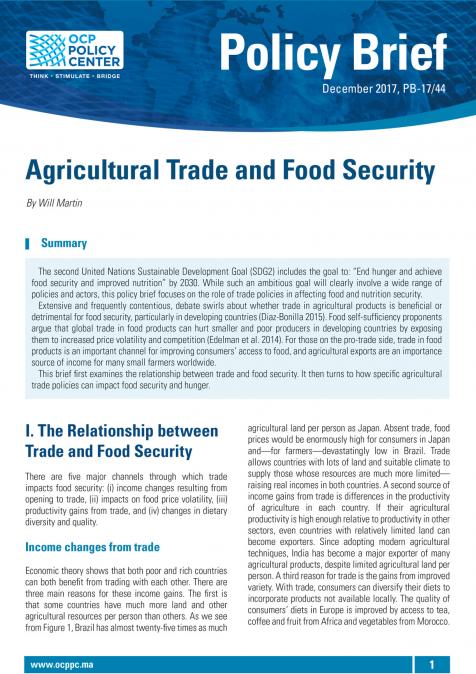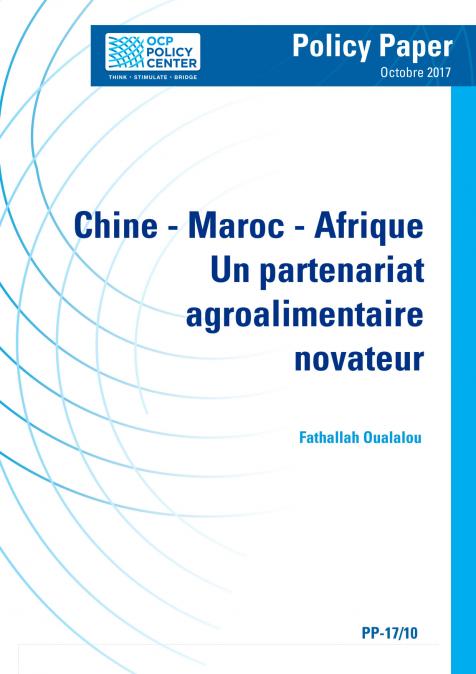Publications /
Policy Brief
Oil dominates Nigeria’s economy- “Africa’s Giant”. Oil revenues are both a blessing and a curse: a blessing because they are the single most important contributor to government revenues; a curse because, through the Dutch Disease, they undermine the productivity and competitiveness of other non-oil sectors, primarily agriculture and agri-processing; and manufacturing, two major sources of non-oil employment and incomes. Since Nigerian governments did not try to counter the Dutch Disease, Nigeria’s food systems have remained low productivity, a refuge for the majority of poor and vulnerable worsening overall poverty. The COVID-19 pandemic, closely followed by the widespread global supply chain dislocations and high inflation aggravated by the Russian invasion of Ukraine, has exacerbated an already difficult situation for Nigeria.
To achieve its ambition of substantially reducing poverty by 2030, Nigeria must overcome daunting challenges on multiple fronts, e.g., governance, fiscal, socio-political and environmental. Whatever success is achieved along these fronts will have significant implications for its food systems and food security.











